
Gen Z and Gen Alpha want brands that understand their passions
Understanding where young audiences spend their time is helpful but understanding passions forms deeper brand audience relationships.

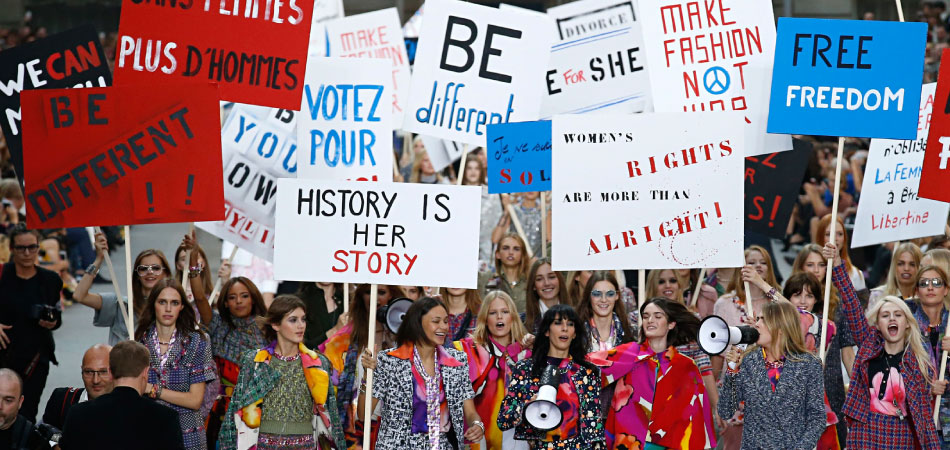
Have you noticed the growing number of brands opting for overtly feminist marketing messages? In the Philippines, Pantene is addressing the double standards women often face at work, with its Shine Strong series. In the US, Verizon looks to highlight the lack of women in the technology sector with its ‘Inspire her mind’ campaign. Whilst P&G’s #LikeAGirl champions the confidence of women around the world.
Outside of marketing the feminist movement continues apace. 17 year old Malala Yousafzai recently became the youngest Nobel Prize Winner after campaigning for women’s right to an education. The United Nation’s He For She movement is vying for men in particular to speak out about gender equality. Emma Watson’s opening speech at the launch conference reached more than 2.5 million views in less than 48 hours of being uploaded online. Whilst Cara Delevingne paraded down the catwalk for Chanel chanting for the movement; the model’s Instagram page reads ‘Stop labelling, start living.’
Considering the zeitgeist, it’s not surprising this topic is echoing through the world of marketing. Admittedly, the gender divide is not an easy topic for brands to navigate, but below are a handful of examples that have successfully embraced a positive attitude.
Read on for examples…
Procter & Gamble brand Always set out to reappraise the stereotypes and remove the negative connotations often associated with acting #LikeAGirl. The goal was to ensure confidence throughout puberty and to highlight that being a girl is an awesome thing.
Award-winning director Lauren Greenfield (known for her documentaries on feminist issues) directed the spot, in which girls and boys were asked to act out what it looks like to run, throw and hit like a girl. The digital campaign racked up over 31 million views in one week and became a global talking point. The term #LikeAGirl has since become part of everyday culture. It successfully addressed any negative perceptions through a clever use of language and emotion.
“We needed to take a stance as a brand and offer our perspective in a way that stands up for what we believe in”, says Dan Hocking, Managing Partner, Holler.
Agency: Holler, London & Leo Burnett, London
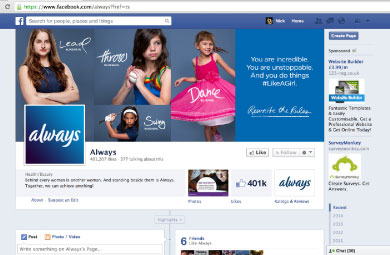
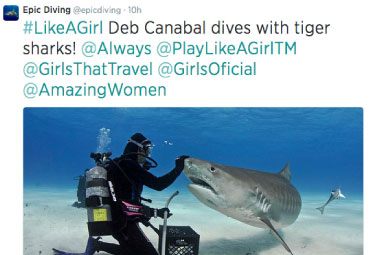
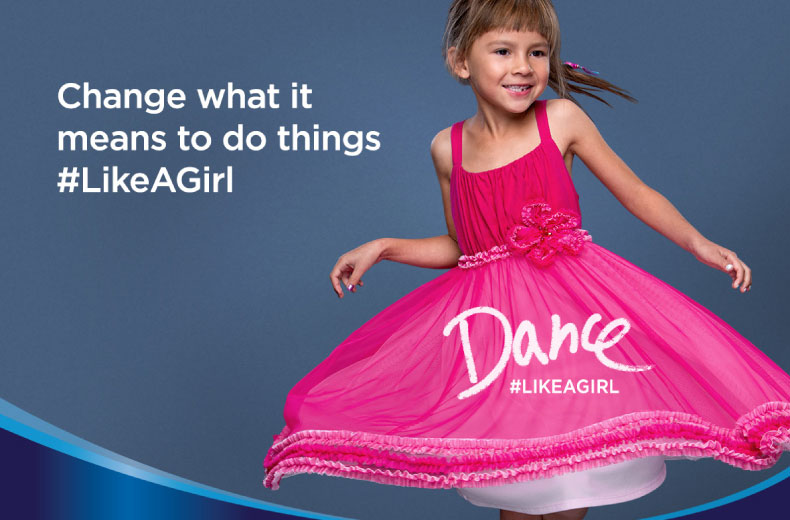
American sportswear company Under Armour, known for its football gear, launched a new platform designed to inspire women to athleticism and balance the gender divide of its customers - whilst taking on their biggest female clothing competitor, Lululemon. The brand enlisted the help of female athletes who have broken barriers to reach the top of their field, including ballerina Misty Copeland and Gisele Bundchen. The platform ‘I Will What I Want’ runs across online, mobile, out of home and print.
Agency: Droga5, London
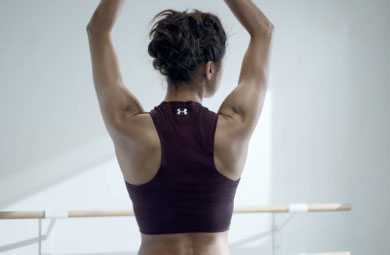
In 2013, Gucci launched Chime for Change - a global movement to promote education, health and justice for women everywhere. It follows the manifesto that “None of us can move forward, if half of us are held back.” Central to the movement is an online platform, where the public are asked to make financial donations towards social projects, such as freeing women from slavery.
Agency: Sunshine, London & Mother London, London
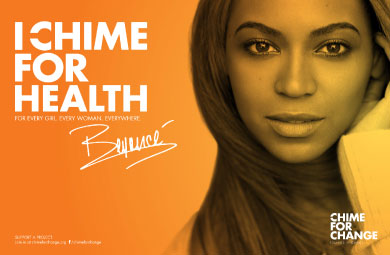
Traditionally speaking, Kingsmill would be a brand that targets mums as the key shopper. However in its latest ad the family structure had been readdressed to show one dad and two kids. Statistics show that there are nearly 1 million single dad households in the UK and with men’s paternal rights being readdressed, this is a refreshing approach from Kingsmill.
Agency: Contagious

Looks like you need to create a Creativebrief account to perform this action.
Create account Sign inLooks like you need to create a Creativebrief account to perform this action.
Create account Sign in